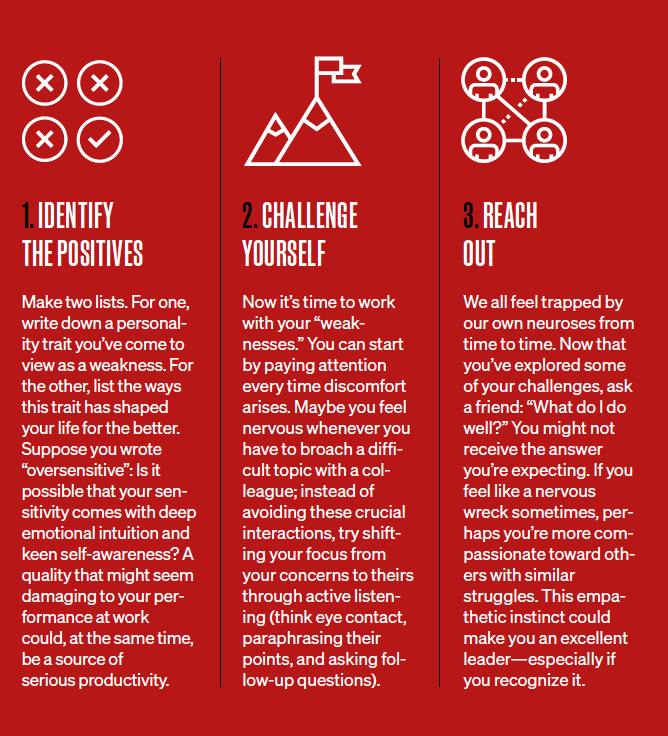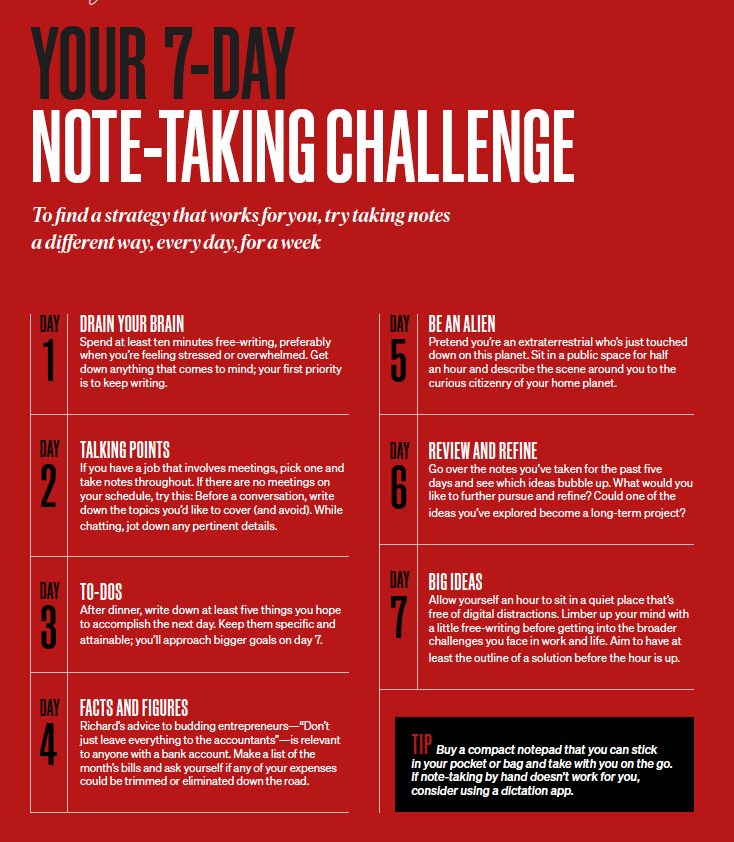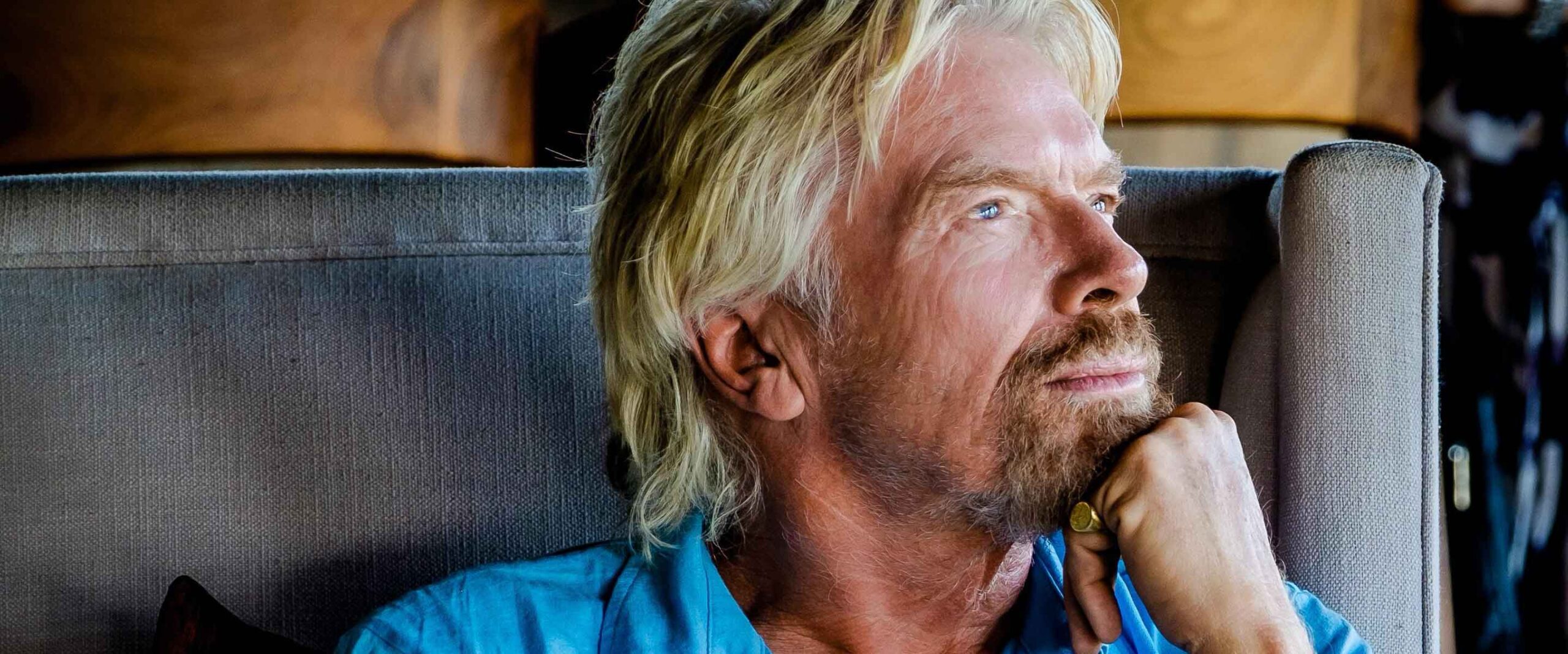Richard Branson, was often beaten at school for not getting grades, by the headmaster. However as he grew up he realised he was passionately interested in certain things including opposing the Vietnam War, by starting a magazine.
A self diagnosed dyslexic, he cracked the puzzle by making himself interested in things, challenging problems and coming out with solutions to complex world problems. Branson even tried to prevent the Iraq War by being an arbitrator between Saddam Hussein and Tony Blair.
He bought an island in the British Virgin Island for about $120,000 and lives there now with his family, having invited world leaders to his island, including the Barack Obama, Princess Diana, Mariah Carey, Kate Winslet, Nelson Mandela and Robert DeNiro.
Richard had a difficult time in school due to his dyslexia, but he eventually came to see it as a source of creative and business-savvy ideas. As a student, he learned how to work with others, take detailed notes, and develop other strategies to compensate for his dyslexia. These skills proved valuable in his business ventures, as he was able to find solutions where others saw problems.
Neurodiversity, which refers to the normal variations in brain function within the population, is beginning to be embraced in the corporate world. This includes individuals with dyslexia, autism, Tourette syndrome, and ADHD. Virgin, for example, has invested in Auticon, a technology consulting firm that employs people with autism.

To fully embrace neurodiversity, it is necessary to let go of preconceived notions about how team members should behave and understand that dyslexia and other forms of neurodiversity are not illnesses or weaknesses.
“The Virgin Way” is a book written by Branson, founder of the Virgin Group. In the book, Branson shares his philosophy on leadership and management, drawing on his own experiences building the Virgin brand.
One of the main themes of “The Virgin Way” is the importance of creating a positive work culture and treating employees well. Branson emphasizes the need for leaders to be approachable and open to new ideas, and encourages a sense of collaboration and teamwork among employees. He also stresses the importance of giving employees the freedom to make their own decisions and take ownership of their work.
In addition to creating a positive work culture, Branson also emphasizes the importance of taking risks and embracing change. He advises leaders to be willing to try new things and to be open to making mistakes, as this can lead to innovation and growth. Branson also advises leaders to embrace a sense of curiosity and to constantly seek out new opportunities and challenges.

Another key theme of “The Virgin Way” is the importance of building strong relationships with customers, partners, and employees. Branson advises leaders to be customer-centric and to focus on building long-term relationships rather than short-term profits. He also advises leaders to be open and transparent in their communication, and to be willing to listen to feedback and make adjustments as needed.
Branson also discusses the importance of giving back to the community and using business as a force for good. He advocates for using business as a way to create positive social and environmental impact, and encourages leaders to be mindful of their responsibilities to society. Besides, The Virgin Way, he has also written a book Screw It Let’s Do It, as a guide to entrepreneurial mindset.

Here are twelve key lessons from Richard Branson’s Guide To Entrepreneurship:
- The importance of taking risks: Branson encourages leaders to be willing to take calculated risks in order to achieve success.
- The value of positive thinking: Branson advises leaders to adopt a positive and optimistic mindset in order to overcome challenges and achieve their goals.
- The need for adaptability: Branson advises leaders to be flexible and adaptable in order to respond to change and stay competitive.
- The importance of listening to customers: Branson advises leaders to be customer-centric and to listen to customer feedback in order to improve their products and services.
- The value of building strong relationships: Branson advises leaders to focus on building strong relationships with customers, employees, and partners in order to achieve success.
- The need for innovation: Branson encourages leaders to embrace a sense of curiosity and to constantly seek out new opportunities and challenges.
- The importance of giving back to the community: Branson advises leaders to be mindful of their responsibilities to society and to use their business as a force for good.
- The need for a strong work culture: Branson emphasizes the importance of creating a positive work culture and treating employees well.
- The value of collaboration and teamwork: Branson encourages a sense of collaboration and teamwork among employees in order to foster innovation and creativity.
- The value of learning from failure: Branson advises leaders to embrace a sense of resilience and to be willing to learn from their mistakes in order to achieve success.












